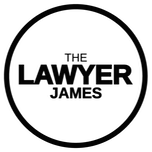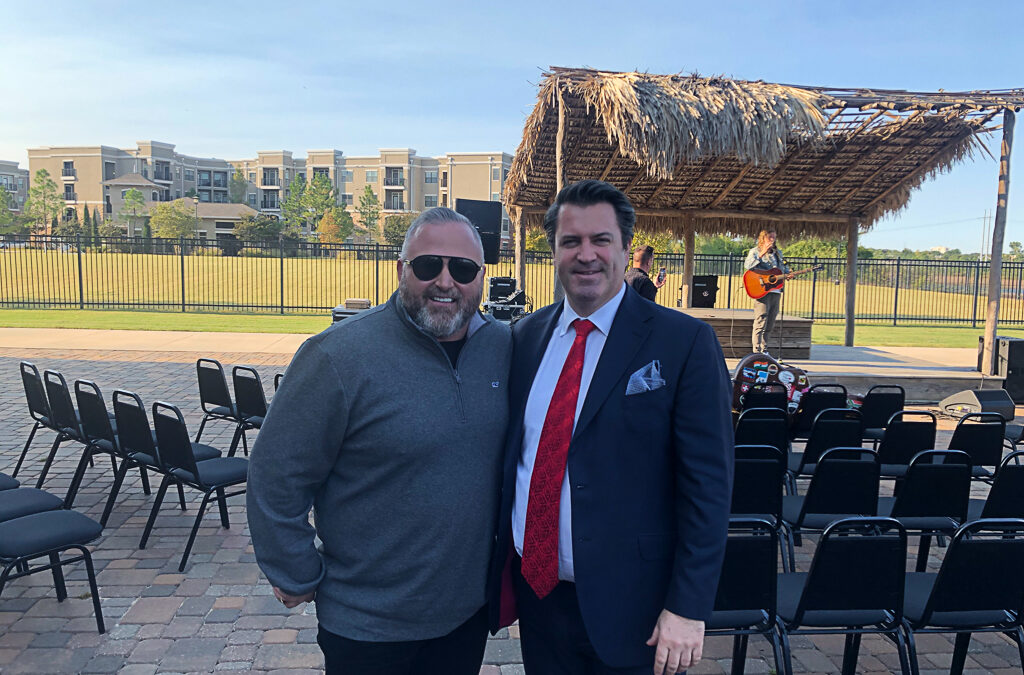Dynamite dynamite dynamite. This is the lawyer, James, the dynamite audio program. It is the absolute best audio content by New York Business Attorney in both transactional and litigation practice areas. And it is helpful for all industries. Now here’s today’s episode. One more thing. Before we get started, you can reach me online by visiting my website, the lawyer james.com. The lawyer james.com. The lawyer james.com. You can call me at (212) 500-1891. That’s the office (212) 500-1891 (212) 500-1891. You can contact me by email at James at the lawyer. james.com. James at the lawyer, james.com. James at the lawyer, james.com or by text message at (917) 783-3153. Text message (917) 783-3153 that’s (917) 783-3153. In this episode, I’m talking
About written discovery. In this episode of the anatomy of a lawsuit, I am talking about written discovery. What is discovery? And then what is written discovery? Discovery relates to two types of facts? Uh, well, two, two types of types of facts, I guess I would say is there is the fact witness and then there’s the expert witness. So we get all of those things together. In the context of discovery, it’s basically evidence. So you’re gathering evidence, we’re giving factual evidence and we’re gathering, uh, expert evidence. Now the written there’s, there’s two types of discovery. There’s written discovery. And then there’s deposition discovery, which is oral. Uh, you know, speaking discovery where interviews are conducted. I’m going to address the depositions or the deposition part of discovery in the next episode. But in this episode, I want to talk to you about written discovery New York Business Attorney. As I mentioned in the last episode, there, there are a few types.
One of them is called interrogatory. Another one is called a document requests. And another one is called request to admit. So let’s break this down a little bit further so that you’ll have at least a little bit of a deeper understanding about what those three things are. And now we have the interrogatory. What is the interrogatory? It’s simply this, it’s simply asking a question about the documents, excuse me about, for instance, if it’s a defendant asking interogatories, you’re asking the plaintiff the basis for the position that the painting is taking in the complaint. So you want to say something like, you know, what’s the basis for you saying that the goods for, in an example of a contract for the sale of goods, you want to say, and for instance, let’s say that the, the plaintiff rejected the goods and wants us to deposit back.
So that’s what the, the scenario it’s called the hypothetical, that’s the scenario that we’re looking at, right New York Business Attorney? And in one of the allegations, in the complaint, it says that the plaintiff rejected the goods because they were non-conforming and, uh, wants its deposit back then the defendant can ask a question in the interrogatory or several questions in the interrogatory about why the goods are non-conforming, you know, and can ask him more details for instance, by saying something like, you know, on what date did the plaintiff received the goods or, or you can even go back even further, what they did the, did the plaintiff agreed to order the goods? How did the faint of ordering the goods? Uh, what date, where the good shift on what dates were the goods received on? What date were they inspected? Who inspected them? Who has knowledge about the inspection?
Uh, how long did it take the inspection to get conducted? How many people, um, how many people did the inspection? What did the inspector do after it realized that the non, that the goods were nonconforming, who did it speak? Who did the inspector speak to the plaintiff’s side, who did the inspector to on the defendant’s side and what the defendant say, you know, can ask it all of these different types of questions in the context of interrogatories to move the case along and to develop the factual record of evidence. There are in some parts of the court. And I don’t mean part like a part like a judge. I mean, part like divisions and some divisions of the courts that the questions that you can ask are limited in the context of interrogatories, for instance, the, in the commercial division, which has a, again, this is all as it relates to the New York Business Attorney courts, the New York state courts in the commercial division, which here is, uh, announcing controversy of over $500,000.
Those interrogatories are limited to, they’re very limited for instance, to people who have knowledge, asking questions about people who have knowledge of the locations of the documents. And I think you can also ask questions about insurance coverage as it relates to the dispute. And so that’s basically the general idea of what an interrogatory is. You can ask these questions about really anything that’s in the complaint, anything that has to do with the case and, and the purpose is to move the case along and develop the evidentiary record. And for the most part, the, the answers to the interrogatories need to be sworn to by the person that’s answering them. Now, just a quick little vignette in discovery. No, when the parties are corporations, they designate or other sort of legal entity, like an LLC, a limited liability company, when the parties are companies, you know, th th the, the entity that they are is a, it’s a, it’s a separate person.
So it has its own separate identity. It has its own tax ID number. It has its own tax returns that are filed. So it’s a separate person that you have to point or designate an actual individual, real flesh, live, eating, drinking, sleeping person to testify on behalf of the corporation. So in the federal rules, that’s called a 30 B six witness now, and there is a, a New York Business Attorney caucus equivalent. Okay. So getting back to getting back to what the written discovery is. So you’d ask questions about, about the identity of witnesses and, and things like that as well in the interogatories now, what, so that’s the first then charter is now there’s another, as I mentioned at the outset, there is another type of written discovery and that’s called document requests. Uh, it’s called request for document production are or requests for, uh, you know, on a view view the documents.
Now, the it’s it’s the fancy or the, the, the particular term in the New York Business Attorney practice rules is, um, notice of discovery and inspection or [inaudible]. Those are documents that you want to see the way it works out in practice. They’re called requests for production of documents, first request, second request, and so forth. You serve them on the other side. And you ask for everything that you think will be relevant in the context of the case that is written and existing. So it’s not, you’re asking for them to create something you’re asking for them to produce something that they already have. For instance, that would be the contract that they’re swinging under a breach of contract theory. Uh, you’d also want to ask for emails and communications relative, relative, or relevant for the dispute you want to ask for, um, written notes and phone calls. You want to ask for communications between the parties communications between, you know, if, if you’re the defendant and you’re asking the plaintiff questions you want to ask for communications among the business people, and with respect to the subject matter at issue in the litigation, if you’re a plaintiff, and you’re asking questions against the defendant, you had asked the same thing, communications among representative as the attendant, uh, that are relevant for the, uh, for the disputed issue.
You want to get more specific than that, because both with interrogatories and document, plus the other side is allowed to file, or at least lodge an objection and say, Hey, look, this is vague. This is confusing. It’s, over-broad it. Doesn’t, it’s not going to lead to the discovery of admissible evidence. There are a bunch of objections that you can make. And then typically what the parties do is they object and then they produce subject to the objection. And then the last thing that I want to talk about and written discovery was the request to admit, we just want to get this to clear up the record. So you don’t have to prove everything. When you get to trial, you want to make a very, very lean issue for trial. That is, will be an issue of fact, the fact find a world discovered, for instance, you want the other side to admit that they entered into a contract, something like that.
And then there’s this sort of for experts, there’s an expert report, and that’s the big thing. There. That’s the big piece of written discovery form to the expert. And now I just give you a little bit of a tidbit of interesting information with respect to experts. If you’re ever in a meeting with an expert, you’ll note that they don’t take notes with the attorney. And why is that? Because that is not protected by the attorney client privilege. And it is absolutely 100% discoverable. So you don’t want to mess around with that. And so experts typically don’t take notes because they don’t want the, the notes to be, uh, discovered discoverable in a right in the written document exchanges. And that concludes what I wanted to say today.
Reach me online by visiting my website, the lawyer james.com, the lawyer james.com. The lawyer james.com. You can call me at (212) 500-1891. That’s the office (212) 500-1891 (212) 500-1891. You can contact me by email at James at the lawyer, james.com. James at the lawyer, james.com. James at the lawyer, james.com or by text message at (917) 783-3153. Text message (917) 783-3153 that’s (917) 783-3153.

